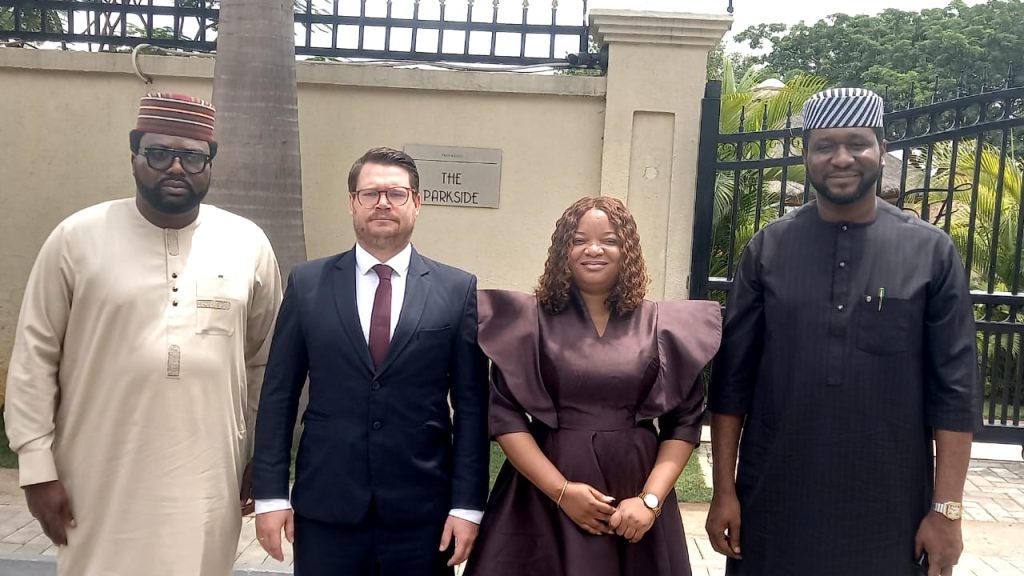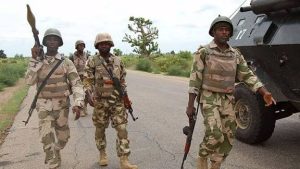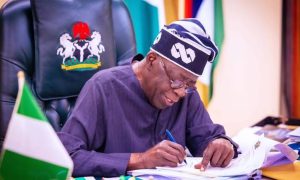
~by Moji Danisa
Every third of May for the past 31 years has been dedicated to International Press Freedom Day, a time to honor the fundamental principles of press freedom and advocate for the independence of media outlets globally.

In today’s climate of misinformation and censorship, this day serves as a crucial reminder of the pivotal role a free press plays in nurturing democracy, ensuring accountability, and promoting transparency.
Since its establishment by the United Nations General Assembly in 1993, Press Freedom Day has served as a platform to raise awareness about the significance of a free and independent media.
This year’s theme, “A Press for the Planet: Journalism in the Face of the Environmental Crisis,” highlights the essential role accurate and reliable information plays in empowering individuals, fostering dialogue, and advancing social progress.
In Abuja, Nigeria’s capital city, practitioners, media scholars, legal experts, Civil Society Organizations (CSOs), lawmakers, and Mass Communication students from the University of Abuja and Nile University celebrated the day with speeches, goodwill messages, a keynote address, and panel discussions.
The event, organized by the Centre for Journalism Innovation and Development and Konrad Adenauer Stiftung, saw Hon. Akintunde Rotimi Jr., Chairman of the House Committee on Media and Public Affairs, deliver a comprehensive keynote address. He emphasized that Press Freedom Day serves as a time for reflection among media professionals and stakeholders on issues of press freedom and professional ethics.
He stressed its significance in celebrating press freedom’s fundamental principles, assessing its state worldwide, defending the media from attacks on independence, and honoring journalists who have lost their lives in the line of duty.
Quoting the 1999 Constitution of the Federal Republic of Nigeria (as amended), Hon. Rotimi highlighted the critical role of the press, as enshrined in Section 22, in upholding the government’s accountability to the people. He acknowledged the challenges faced by the media, including exposure to harm amidst widespread insecurity and funding shortages.
Addressing this year’s theme, Hon. Rotimi emphasized journalists’ vital role in raising awareness amidst the ongoing environmental crisis, particularly Nigeria’s vulnerability to climate change. He cited examples such as intense heat waves, herders’ movements, the drying of Lake Chad, and flooding, attributing these events to climate change’s exacerbation.
He called on the media to move beyond mere reporting and actively engage in promoting environmental awareness and behavioral change. Furthermore, he advocated for the inclusion of climate education in school curricula to groom young environmental champions and underscored the importance of highlighting environmental conservationists’ legacies.

During the panel discussion, concerns were raised about attacks on journalists and the need for enhanced protection and safety measures. Participants stressed that press freedom is integral to Nigeria’s democracy and urged for greater independence for media regulators like the Nigerian Broadcasting Commission (NBC).
In conclusion, the event reaffirmed the commitment to defending press freedom and emphasized the role of journalists in holding power to account and promoting a more just and equitable society.
As UNESCO Director-General Audrey Azoulay aptly stated, “A free press is essential for peace, justice, sustainable development, and human rights.” Let us stand united in defense of press freedom and its indispensable principles.




